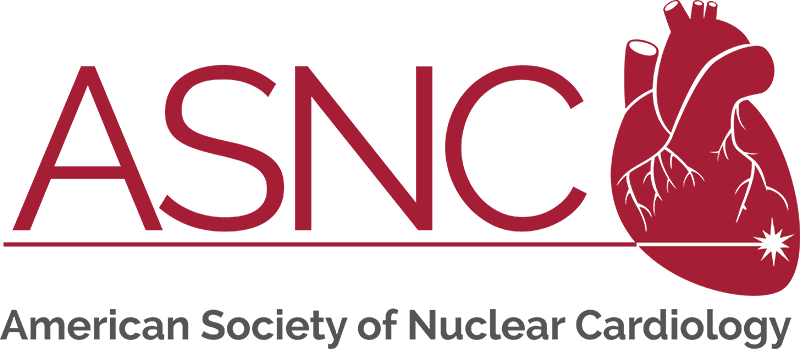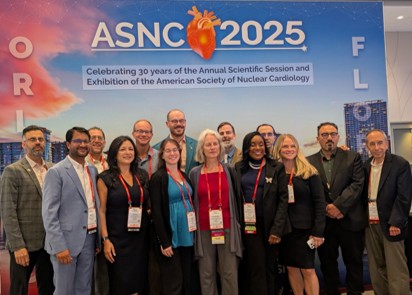ASNC submitted comments to the Centers for Medicare & Medicaid Services (CMS) on the proposed rules for the 2026 Hospital Outpatient Prospective Payment System (HOPPS) and the 2026 Medicare Physician Fee Schedule (MPFS) proposed rules.
CMS will release the 2026 HOPPS and MPFS final rules in November. Stay tuned to ASNC for news and analysis of CMS’s final policies affecting nuclear cardiology.
On HOPPS: Do Not Finalize Drastic Cuts
PYP/Amyloid Imaging (CPT Code 78803): ASNC’s comments to CMS on the HOPPS proposed rule focused on delivering adamant objections to the proposed 57 percent cut to the payment code used for PYP/amyloid imaging (CPT code 78803). Building on feedback that ASNC delivered during last week’s meeting with CMS officials as well as the record number of letters that members sent to CMS, ASNC emphasized that the proposed cut to amyloid imaging must not be finalized.
“ASNC has significant concerns with the extreme cut to payment for CPT code 78803 that results from the proposed [ambulatory payment classification] reassignment,” ASNC wrote. “Physicians rely on stability in reimbursement rates to enable them to plan for practice expenses, supplies, and any required capital investment in the coming year. A cut of this magnitude seriously impairs the ability of nuclear cardiologists to provide this service and diagnose high-mortality conditions.”
Stress Testing (CPT Code 93017): ASNC also expressed concern regarding CMS’s proposed downward adjustment to payments for cardiovascular stress testing using submaximal treadmill or bicycle exercise (CPT code 93017).
PET/CT (CPT code 78431) and Tc-99m: ASNC encouraged CMS to finalize proposals that would (1) maintain the reimbursement rates for the high-volume PET/CT code 78431, and (2) provide a $10 add-on payment for Tc-99m sourced from domestically produced Mo-99.
On MPFS: Efficiency Adjustment Must Not Take Effect
ASNC pushed back on CMS’s proposal to cut payments for 7,267 CPT codes by 2.5 percent. In the Medicare Physician Fee Schedule proposed rule, only 389 time-based codes – evaluation and management, care management, maternity care, and services on the CMS telehealth list – are exempt from the cut that CMS is calling “an efficiency adjustment.” CMS would continue applying reductions to these codes every 3 years.
The impact of CMS’s proposal, if finalized, on ASNC members will be varied depending on a physician’s mix of services.
Background: CMS is assuming physician time and work intensity decrease as a practitioner develops expertise in performing a specific service. This assumption has led to CMS’s stance that the current work relative value units (RVUs) may not reflect these efficiencies.
ASNC’s Response: In its comments, ASNC emphasized that the proposed efficiency adjustment ignores the fact that diagnosing and treatment planning for cardiovascular disease are becoming more challenging due to complex patient presentations.
ASNC also objected to CMS’s proposal to use Medicare Economic Index productivity to calculate its efficiency adjustment when physician payment has lacked an inflationary update for over 2 decades.
Article Type
News & Announcements
Category
Advocacy
Related Posts
This Legislation Would Halt Pay Cut Now Impacting Most Physician Services
“The 2.5% reduction to work RVUs – the so-called ‘efficiency adjustment’ –…
Manufacturer Shares Update on HMDP Supply
ASNC is staying in touch with radiopharmaceuticals manufacturers that were expecting shortages…
Medicare Telehealth Flexibilities Expire as Federal Government Partially Shuts Down
Congress’s failure to pass the remaining 6 fiscal year 2026 spending bills,…


